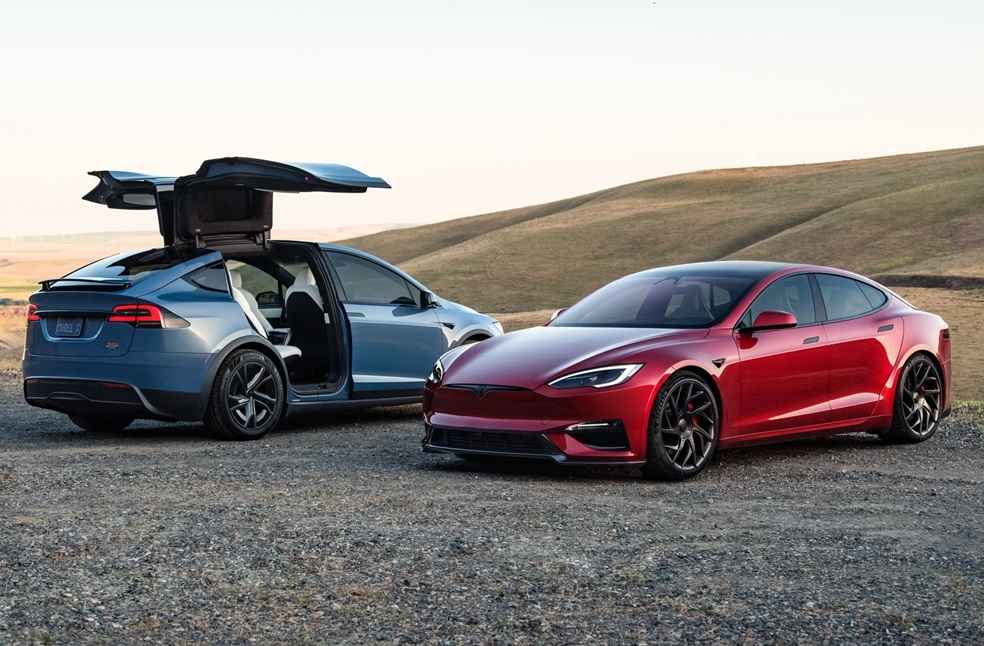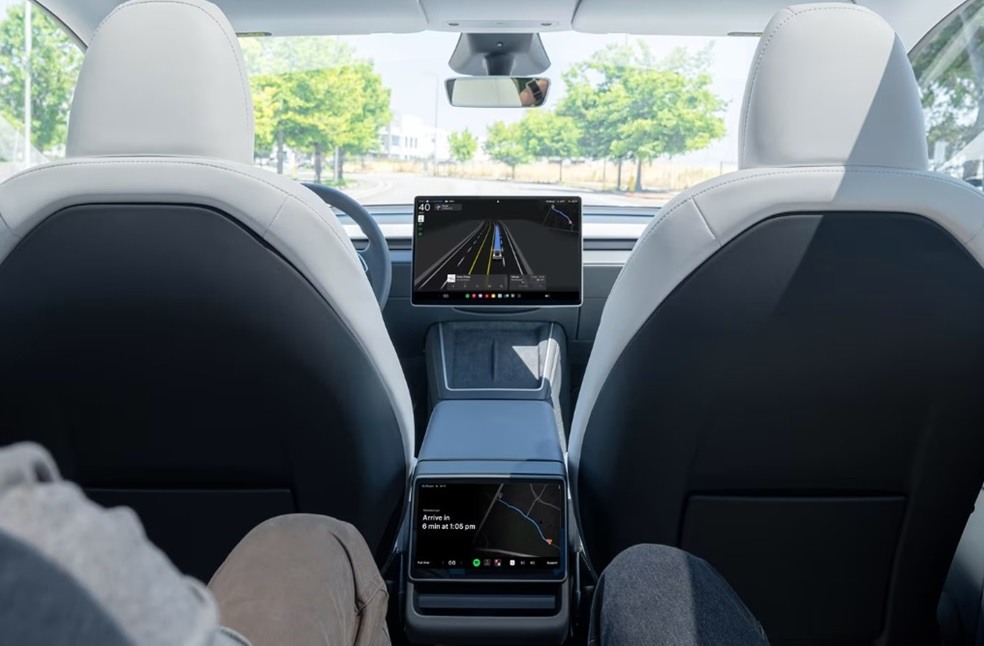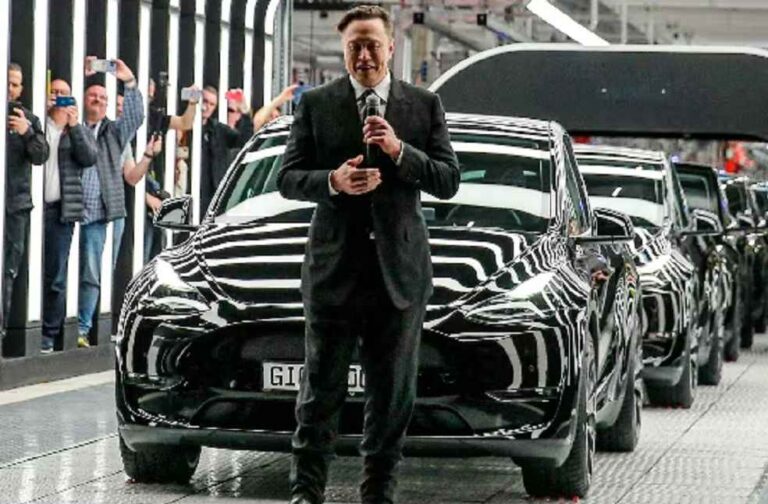Elon Musk on Thursday said that the company will build a ‘gigantic’ semiconductor manufacturing facility to advance its artificial intelligence (AI) and robotics goals, as reported by CNBC.
“One of the things I’m trying to figure out is—how do we make enough chips,” Musk said.
Tesla currently depends on external chip producers such as Taiwan Semiconductor Manufacturing Company (TSMC) and Samsung Electronics to produce its custom chip designs. The report also indicates that Musk may explore a partnership with Intel to boost supply.
He added that building a massive chip fabrication facility would probably be necessary to reach the chip production levels Tesla is targeting.

Musk stated that Tesla’s planned semiconductor plant, referred to as ‘Tesla Terafab,’ could start by producing around 100,000 wafer starts per month, with the goal of expanding capacity to one million over time. In semiconductor manufacturing, ‘wafer starts per month’ denotes the number of new wafers a fabrication facility begins processing each month.
TSMC revealed that its yearly wafer production capacity exceeded 17 million units in 2024, roughly 1.42 million wafer starts each month. Microchips are fundamental to all modern technologies, from smartphones and automobiles to robotics, and demand for them has surged with the rapid advancement of artificial intelligence.
Tech firms such as Tesla are increasingly competing for additional supply from leading chipmakers like TSMC, the world’s largest and most advanced semiconductor manufacturer.

Musk’s remarks underscore Tesla’s growing focus on artificial intelligence and robotics, sectors he views as central to the future of the global economy. He said, “With AI and robotics, you can actually increase the global economy by a factor of 10, or maybe 100. There’s not, like, an obvious limit.”
As reported by Reuters, Tesla is developing its fifth-generation AI chip to support its autonomous technology goals. Musk has previously referenced the AI5 chip and confirmed collaborations with Taiwan’s TSMC and South Korea’s Samsung. These chips are integral to Tesla’s autonomous driving technologies, including its Full Self-Driving software. At present, the company operates with its fourth-generation chip.
AUTO TECH | BMW to Integrate Alexa+ for Smarter Infotainment Features





